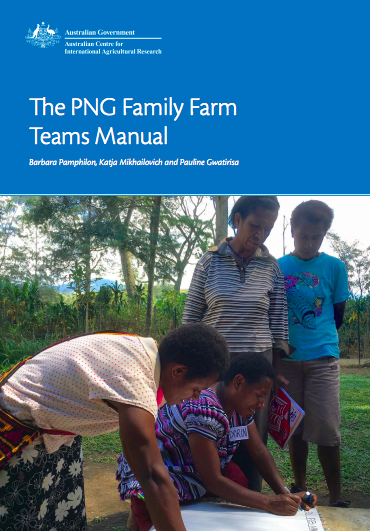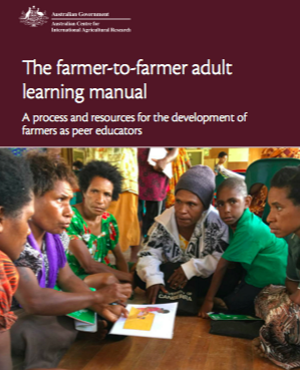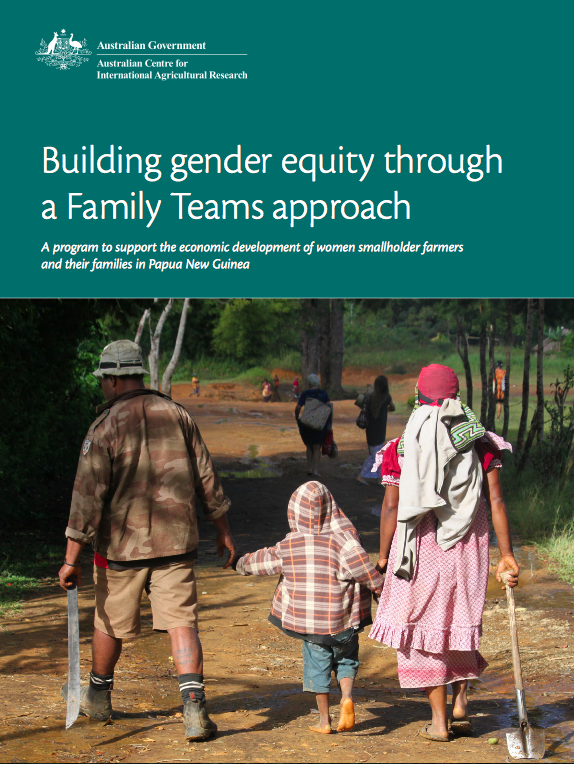Participatory Research Methodologies
Participatory approaches to research are a core part of the FFT program as they enable not only the collection of data but also harness the knowledge of farmers to inform learning activities and future research directions. Through an appreciative inquiry approach, the program can identify and build on what works at the individual, family and cultural levels. This can then be used in iterative participatory action research cycles, during which both the community and the research team develop deeper understandings and identify new research questions. The research outcomes therefore resonate and can be used by communities at the same time as providing information that can be shared with other communities and via conventional research dissemination.
Exploring family and community strengths
These activities are useful at the start of a project as they enable a positive engagement with families who can immediately use much what they have learned from the group activities:
- A day in the life of a farmer
- Community asset mapping
- Personal network mapping
- Family and community calendar
- How does our community earn money
- Community dreams and hopes
- Talking tables
- Ten seed technique
- Photo voice
- Drawing
Planning community building
These activities help communities to collaboratively analyse their community strengths and opportunities and plan further development activities:
- Community learning plan
- Social organisation mapping
Monitoring and evaluation
These group-based activities can be used across the life of a project, in both mixed groups or smaller groups divided by age and gender.
- Participatory Evaluation in low literacy communities
- Photo language kit
- Trigger cards
- Barometer of change
- Wheel of Knowledge
- One step removed
- Stories of change
- Ripple effect mapping
Publications
Pamphilon B., Mikhailovich K. and Gwatirisa P. 2017. The PNG Family Farm Teams Manual. ACIAR Monograph No. 199. Australian Centre for International Agricultural Research: Canberra. 84 pp. | |
Pamphilon B. 2017. The farmer-to-farmer adult learning manual: a process and resources for the development of farmers as peer educators. ACIAR Monograph No. 198. Australian Centre for International Agricultural Research: Canberra. 53 pp. | |
Pamphilon B. and Mikhailovich K. 2016. Building gender equity through a Family Teams approach: a program to support the economic development of women smallholder farmers and their families in Papua New Guinea. ACIAR Monograph No. 194. Australian Centre for International Agricultural Research: Canberra. 36 | |
| Pamphilon, B. and Nema, G. 2021. Ripple Effect Mapping: an empowering participatory learning and evaluation process. Centre for Sustainable Communities Monograph Series No. 5. University of Canberra: Canberra. 19 pp. |
![]()
This work is licensed under a Creative Commons Attribution-NonCommercial-ShareAlike 4.0 International License.





